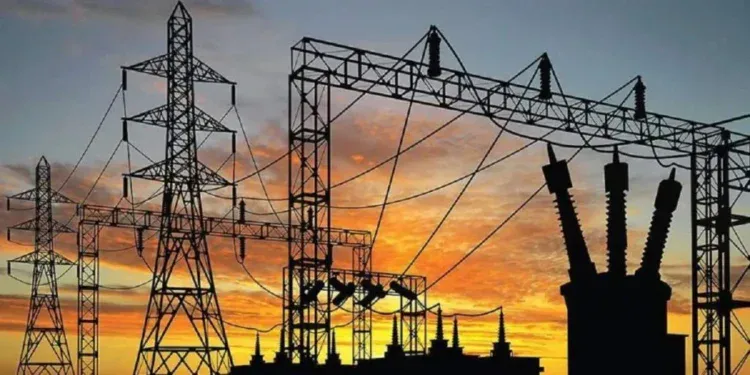Nigeria power grid collapse sparks nationwide blackout, raising urgent concerns over energy reforms and infrastructure reliability
Nigeria power grid collapse has once again plunged millions into darkness, as the national electricity infrastructure failed on Tuesday.
Also read: Tinubu inaugurates 180MW Afam II power plant, boosting national grid
The blackout, affecting homes and businesses across several states, has raised alarms over the country’s fragile energy system and recurring technical failures.
This latest incident adds to an already worrying trend. According to industry data, Nigeria has experienced over 100 grid collapses in the last decade, including 12 in 2024 alone.
Although the Nigerian Electricity Regulatory Commission (NERC) claimed in its July 2025 report that there were no disturbances in the first quarter of the year, the reality tells a different story.
“Rest assured, we are working closely with stakeholders to restore the grid,” the transmission company said in a statement.
However, no timeline was provided, leaving millions of citizens and businesses uncertain about when power will return.
The Nigeria Power Grid Collapse comes despite government efforts to decentralize electricity generation.
In April 2025, NERC approved seven new licenses — six private companies and one university — to generate and distribute power independently.
While these reforms show promise, analysts say the impact will take time. Power outages continue to disrupt healthcare, education, and business activities, especially in underserved rural areas.
In February 2025, a similar collapse left major cities in blackout, with social media flooded by citizen complaints.
Experts blame a mix of poor maintenance, underinvestment, and outdated infrastructure for the persistent breakdowns.
“We need not just reform on paper, but visible results,” said energy analyst Tolu Adebayo. “The country cannot afford to normalize failure.”
There’s growing demand for the government to invest in modern energy systems, enforce accountability, and deliver tangible improvements to the national grid.
Also read:Peter Obi slams repeated national grid collapses, calls for power sector reforms
As Nigeria pushes toward energy independence and economic growth, reliable electricity must be treated as a national priority — not a privilege.
Source: Read more at channelstv.com




























